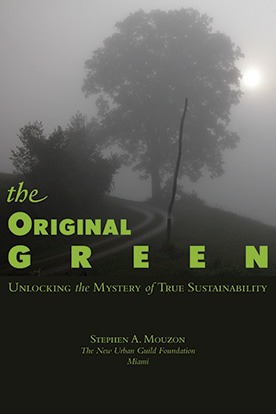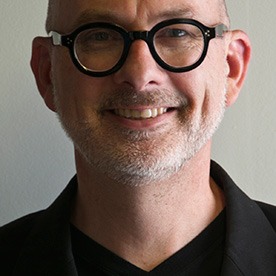search the Original Green Blog

Nature has countless good lessons on how to sustain cities and towns… if only we would listen. Chuck Marohn's excellent Strong Towns post this morning flatly states that cities are organisms, not machines. I agree that it's more instructive to think of them that way. And that got me thinking about the fundamentally flawed things we do to (mis)manage them. Chuck traces the core disconnect to the transition from building, maintaining, and operating our towns and cities to paying others to do so.

Depending on the level of development in the area, it was only a century or two ago that the townspeople built and maintained the town. In my family, "house-raisings" were common occurrences, even in recent decades. My own house was built with much help from family and friends. But when we became wealthy enough, it seemed simpler to hire all the work done by someone else and spend all our productive time working on whatever our specialty was.
What we lost in that exchange is only now becoming clear: when we become experts in one thing and turn all other parts of our lives over to people who are experts in other things, we no longer have the authority to speak up when things get out of balance. And so the specialists get more and more efficient at doing their narrowly-defined tasks in near-ignorance of anything else. So we get arterial thoroughfares that are really efficient at moving cars, but nobody wants to live anywhere near them. We get volume builders that are really efficient at throwing up countless little vinyl boxes that cannot possibly be loved. And the whole mechanism of sprawl was one of the most efficient machines ever invented, but its excesses have literally become "cancer of the city." The good news is that there is a cure.

The time has come to question the underlying value that helped spawn all of this: efficiency. For decades, efficiency was used as a reason to do so many things that haven't worked out well. We now need to come to terms with the fact that, as someone once said, "an efficient Nazi is not a good thing." Efficiency simply means we're going really fast… but we could be going really fast in the wrong direction.

So if not efficiency, then what should we be looking for? How about looking for things that have been proven to work for a long time? The operating system of true sustainability that kept humans alive for all of human history before the Thermostat Age was something I refer to as a "living tradition." The heartbeat of a living tradition that pumps sustaining place-making principles to all the townspeople is four simple words: "We do this because…" If you put every pattern of place-making in these terms, then the streets, squares, and buildings we build might not be so efficient at moving cars or whatever, but they'll be far better places to live and work because you will have tapped the minds of all of the townspeople, not just the civil engineers, architects, and the like.
Put another way, if you want to tear down the gates to the specialties that their gatekeepers have guarded so jealously for so long, simply tell the people why. Why plant trees along the street? Why allow parking on the street? Why lift porches above the sidewalk, and by how much? Why set aside land for plazas, squares, greens, and parks, and how often? The answers to these questions aren't difficult… anyone can understand them. And once the townspeople know why, they'll take ownership of their neighborhoods and towns again… and we'll all be better for it.
I said that nature has countless lessons on how to sustain cities and towns, and re-starting living traditions is one of them. I have several more in mind, but what are the most obvious of nature's place-making lessons to you?
~Steve Mouzon


